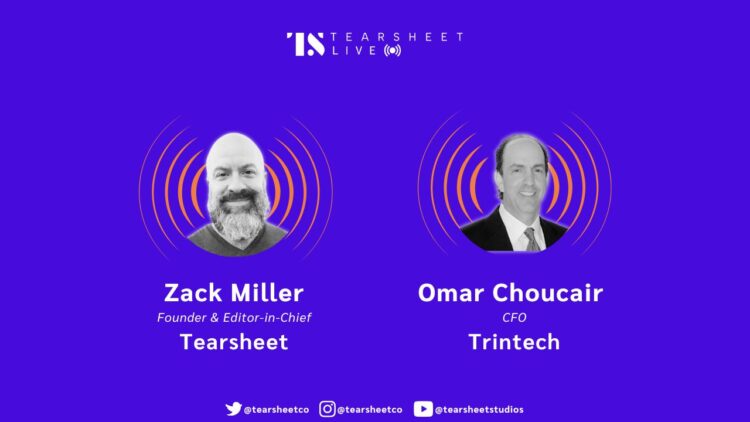Podcasts
The M&A opportunities in SaaS and fintech with Trintech’s Omar Choucair
- Without a lot of M&A transactions over the past year, there's growing anticipation that this part of the market will open.
- We speak with Trintech's CFO on the podcast about a recent acquisition the company made of two assets from Fiserv.








